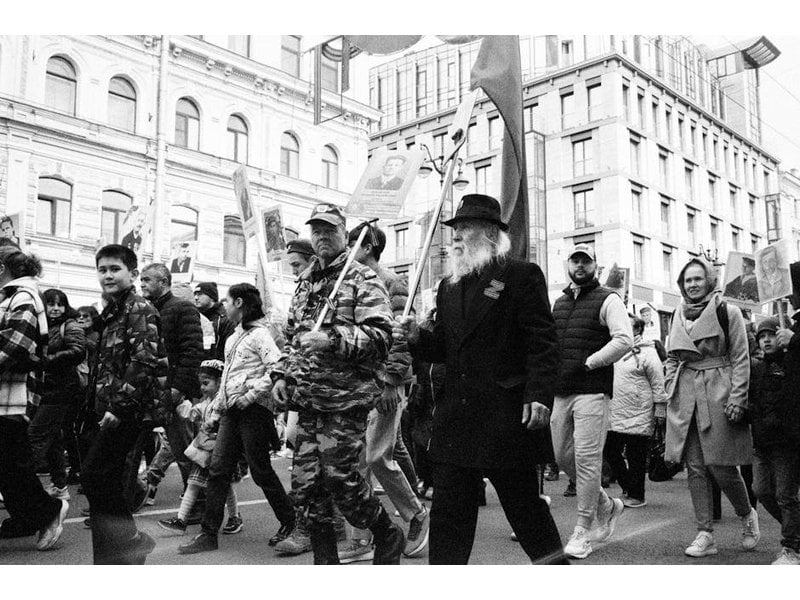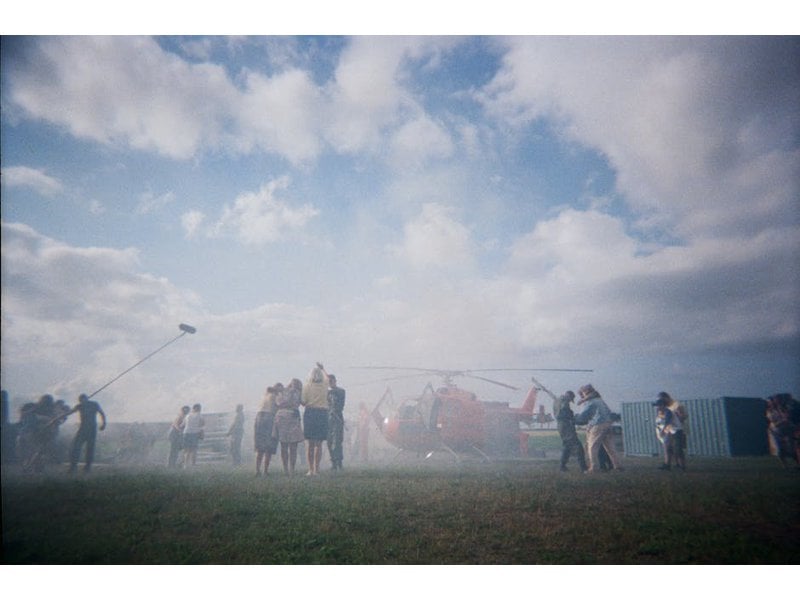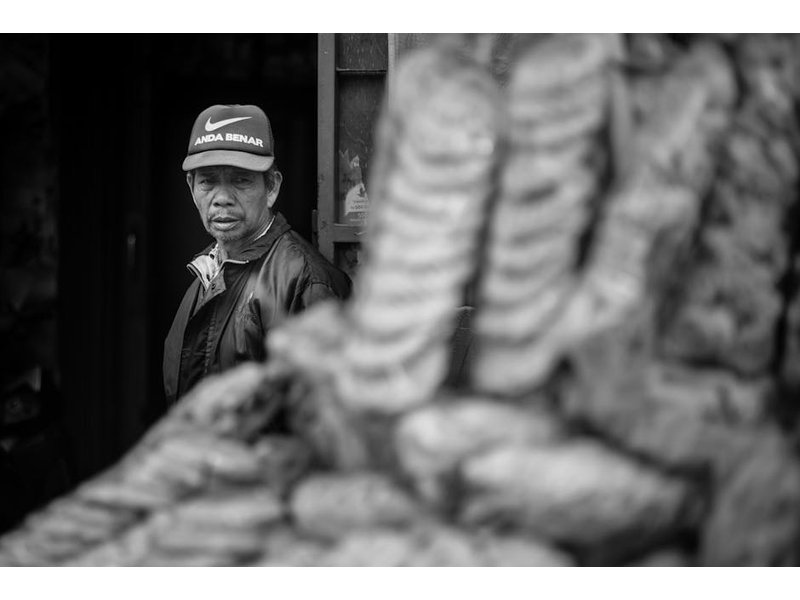182 stay in strike

"In the stay-in strike—the term is used by both Peterson and Knowles173— the workers halt work but remain at the place of work, such as the factory, and refuse to leave until their demands are granted. This has been more frequently called a sit-down strike, but the term stay-in strike is recommended here as more accurate (for the workers do not literally remain sitting down), and in order to avoid confusion with the sit-down described in Chapter Seven. When used by miners, this has been called a stay-down strike, since they remain down in the mines for its duration."...
Potentially problematic matches
High scoring campaigns using this method
Historical cases from the Nonviolent Action Database that used this method
Albanian workers force shift toward democracy, 1991
During the Cold War era, Albanians endured the totalitarian rule of Enver Hoxha. When Hoxha died in 1985, Ramiz Alia took over a Communist country with a history of repression and burdened by massive debt, poverty, and widespread underdevelopment. Fo...
Chicago workers sit-in, gain benefits after factory shutdown, 2008 (Republic Windows and Doors)
In 2006 Richard Gillman gained control of Republic Windows and Doors in Chicago, Illinois, as he assumed the position of Chief Executive Officer. The company produced windows and doors for building homes and offices. Soon after, there were a series o...
Swiss railway workers strike against job cuts, 2008
The cargo division of Swiss Federal Railways (SFR) had repeatedly been suffering financial deficits for a few years and even changed top management. On March 6, 2008, SFR announced a major restructuring plan that involved shutting down its maintenanc...
Egyptian workers strike and occupy textile factory for better pay, representation, and conditions, 2007
Misr Spinning and Weaving Company is the largest public sector Egyptian textile company, employing 27,000 workers in the mid-2000s. The company is located in the Nile Delta town Mahalla al-Kubra and had a history of workers protests, the most signifi...
Polish shipyard workers' initiate regime change, 1970-71
In the face of a stagnating post-war economy, Polish Communist leader Władysław Gomułka, the First Secretary of the Polish United Workers’ Party (PZPR), decided to end government subsidies for food and other everyday items in late 1970. Although the ...
Polish workers strike, stop price increases, 1976
Following World War II, the Soviet Union set up a government, the PZPR (Polish United Workers’ Party), in Poland that did not permit workers at state-owned factories and businesses to represent their interests in labor unions independently from Party...
Barcelona workers win general strike for economic justice, 1919
During the first decades of the 20th century, Spain saw the rise of several radical left and right groups that continually vied for power against the largely ineffectual civilian government. On the left the groups included the socialist Unión General...
Uruguayans general strike against the military government, 1984
Before 1973, Uruguay had been one of few countries in South America with a near perfect record of political stability and a strong democracy (others included Chile and Costa Rica). The military coup in 1973 came as a profound shock to Uruguay. To mak...
Egyptian textile workers strike for bonuses and to protest corruption, 2006
On March 3, 2006, Egyptian Prime Minister Ahmad Nazif announced that all public-sector manufacturing workers would be given an increase in their annual bonuses. The workers of Mahalla al-Kubra’s Misr Spinning and Weaving Company, the country’s larges...
Michigan autoworkers win strike for union rights, 1936-37
In December 1936, autoworkers at General Motors' (GM) plants across Michigan staged multiple sit-down strikes, the longest of which lasted 44 days. The workers originally demanded that GM recognize their union, the United Autoworkers of America (UAW)...
Low scoring campaigns using this method
Historical cases from the Nonviolent Action Database that used this method
East German workers strike to protect wages, 1953
On 15 June 1953, in East Berlin, construction workers on the Stalinallee Avenue began to voice their issues with the SED’s (Socialist Unity Party) new regulations. The SED trade union officials, following mass worker emigration from East Germany, inc...





